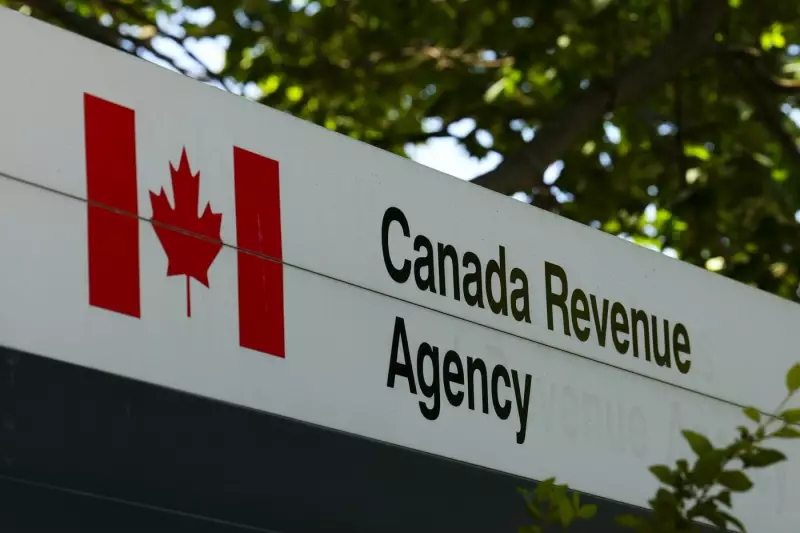
A British Columbia couple's attempt to operate what authorities called a 'bogus anti-tax school' has ended in a stunning courtroom defeat, with the Tax Court of Canada upholding massive tax assessments against them.
Russell Porquet and Kyla Porquet of Vancouver Island ran what they called the 'Canadian Commonwealth School of Law' and 'Canadian School of Taxation,' institutions that the court found were nothing more than vehicles for promoting illegal tax schemes.
The Elaborate Tax Avoidance Scheme
The couple allegedly charged students thousands of dollars to learn about 'legal ways to avoid paying taxes,' while simultaneously using the school as a mechanism to hide their own income from Canada Revenue Agency. Court documents reveal they attempted to deduct personal expenses as business costs and failed to report substantial income.
According to the judgment, the Porquets operated multiple corporations and used complex financial maneuvers to conceal their earnings while teaching others to do the same. Their methods included creating what they claimed were 'trust arrangements' and other legal structures that the court found had no legitimate purpose.
Court Delivers Scathing Rejection
Justice Kathleen T. Lyons of the Tax Court of Canada didn't mince words in her assessment of the couple's arguments, systematically dismantling their legal positions one by one. The court found their educational institutions lacked credibility and were primarily designed to facilitate tax evasion.
'The appellants' position is without merit,' the judgment states, highlighting numerous inconsistencies in their claims and documentation. The court upheld CRA's reassessments totaling hundreds of thousands of dollars in unpaid taxes, penalties, and interest.
Broader Implications for Tax Evasion
This case represents a significant victory for CRA in its ongoing battle against organized tax avoidance schemes. Legal experts suggest the ruling sends a clear message to promoters of similar 'anti-tax' programs across Canada.
The decision reinforces CRA's authority to pursue not only those who evade taxes but also those who enable and teach others to do so. It serves as a stark warning that sophisticated-sounding tax avoidance strategies often crumble under judicial scrutiny.
As tax season approaches, this case underscores the importance of legitimate tax planning and the serious consequences of crossing the line into illegal evasion schemes.






